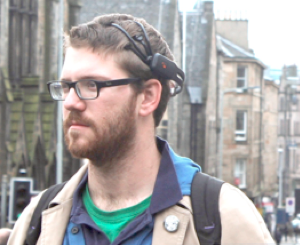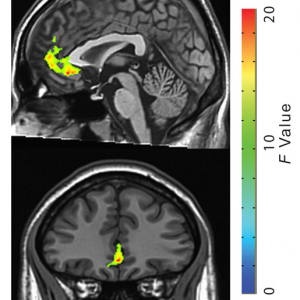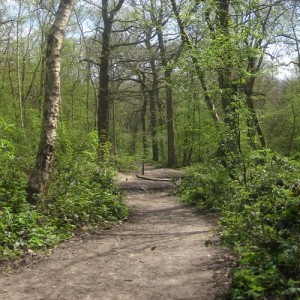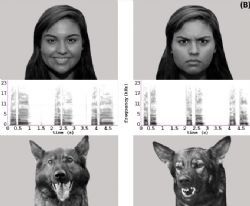
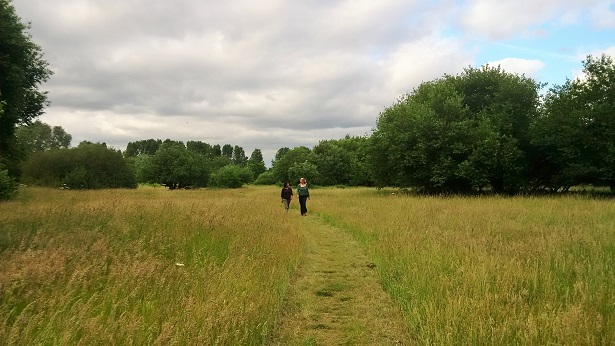
Nature-based Psychotherapy
Traditionally psychotherapy takes place inside within the four walls of a physical room. During nature-based therapy parks and woodlands become the therapy room.
In an outdoor session client and therapist can make full use of the space and interact with the natural world, whether walking, sitting, climbing or utilising natural materials for art and creative expression; bringing sensory awareness to smells, sounds, colours and the dramas of the weather and seasons.
The changing state of natural settings helps us to feel more connected to something real and meaningful, helping to bring clarity and give us a sense of place in the world.
“It’s like active mindfulness,” a client told me of her experience of having counselling in nature. Many people find that the green tranquillity of natural environments induces a reflective mood which supports emotional awareness and helps us come out of our heads and into our bodies.
Scientific research provides clear evidence of nature’s therapeutic effect showing that spending time in nature reduces blood pressure and stress levels, triggering areas of the brain associated with empathy, love and stability, whereas urban built up environments trigger areas associated with fear and stress. Nature and psychotherapy are a powerful combination.
Nature becomes part of the therapeutic relationship, offering powerful metaphors and mirrors for exploring your inner emotional world and the quality of your relationships. She acts as a co-counsellor supporting and gently challenging you to consider patterns and dynamics in your life through the synchronicity of her energy. Many clients develop a positive association with nature, she becomes a nurturing space which they find emotionally supportive and so seek her out for contemplation or to have difficult conversations, long after sessions with the therapist have finished.
When I ask clients what it has been like to have counselling in nature, the majority tell me it feels more real, liberating, less claustrophobic and that emotions feel more accessible; it’s easier to tune into what they’re feeling. There is something more immediate and direct which is experienced in an embodied way, bypassing the head and thoughts. As a practitioner I have noted that people work through issues more quickly and at a deeper level.

